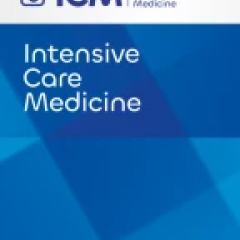Resistance Optimised Antibiotic Dosing (The ROAD Study): Is dosing of meropenem and piperacillin-tazobactam optimised to prevent the emergence of antibiotic resistance safe and feasible in the ICU? A pilot study.
Antibiotic resistance emergence will kill more than 39 million people by 2050, double that caused by cancer. The ROAD study is one of the first published studies investigating if antibiotic dosing can be used to reduce the rising risk of antibiotic resistance emergence and therefore potentially save the lives of critically ill patients in the Intensive Care Unit (ICU). This study enrolled critically ill patients who were receiving antibiotics (piperacillin/tazobactam or meropenem) commonly used in the ICU to receive higher than usual doses to suppress resistance emergence that was guided by pharmacokinetic software. The study aimed to identify if the dosing optimisation methods were safe for patients and whether it was practical to implement.
Twenty-five patients were enrolled, 92% of whom achieved the target antibiotic exposures, which is a rate higher than previously described. The doses administered were approximately double that normally prescribed for patients. Despite the higher doses administered to patients, there were no adverse events attributed to the high antibiotic doses. Moreover, only one patient developed resistance to the study antibiotic being administered.
Software guided antibiotic dosing to prevent antibiotic resistance emergence appears safe and feasible in this exploratory study. The ROAD study has paved the way forward to further investigate the use of optimised antibiotic dosing to suppress the emergence of antibiotic resistance and improve outcomes in critically ill patients.



